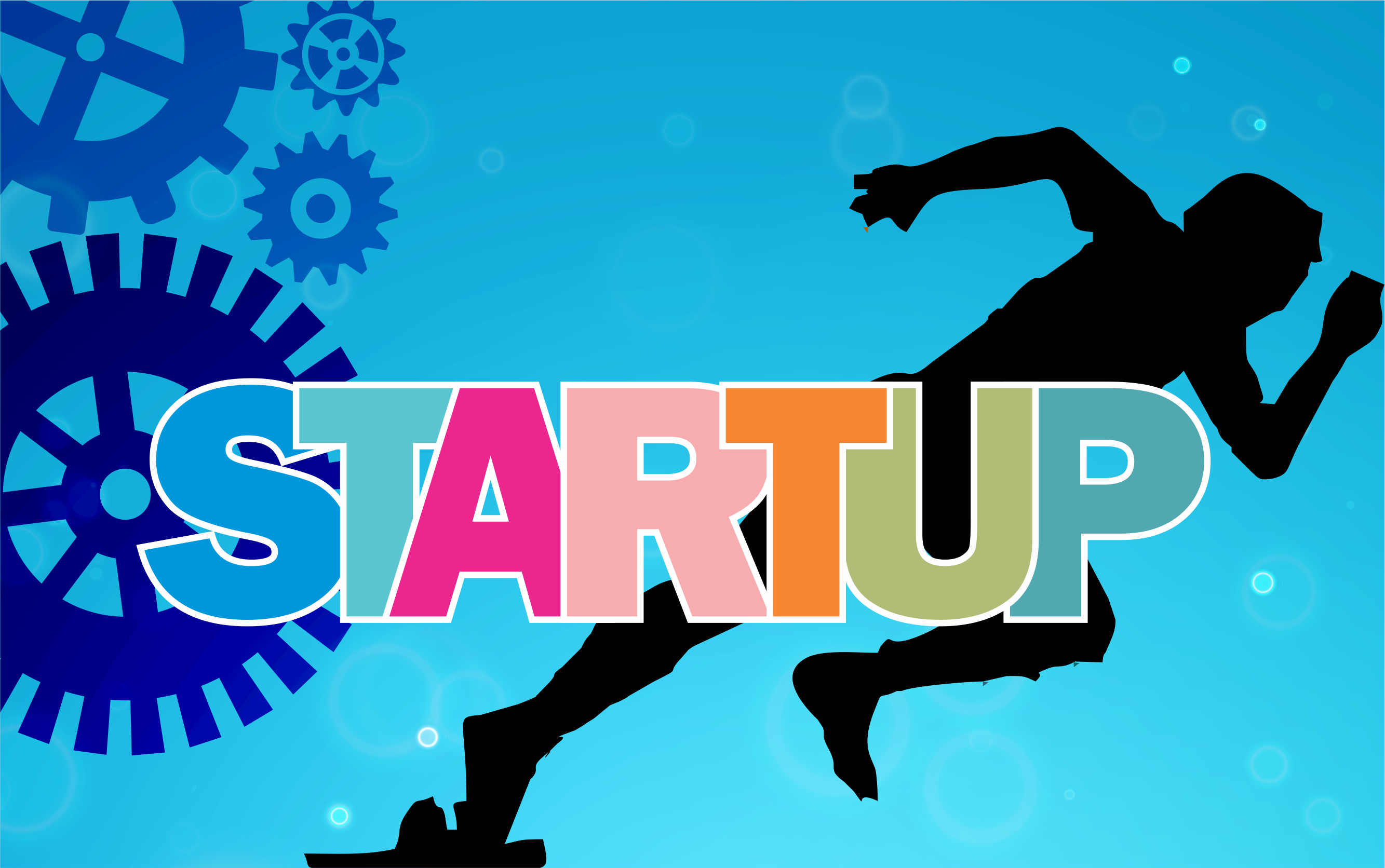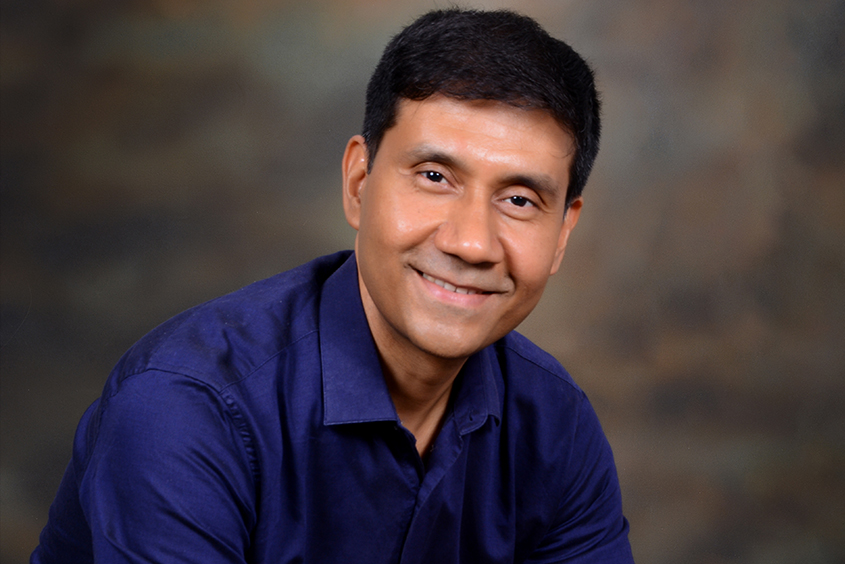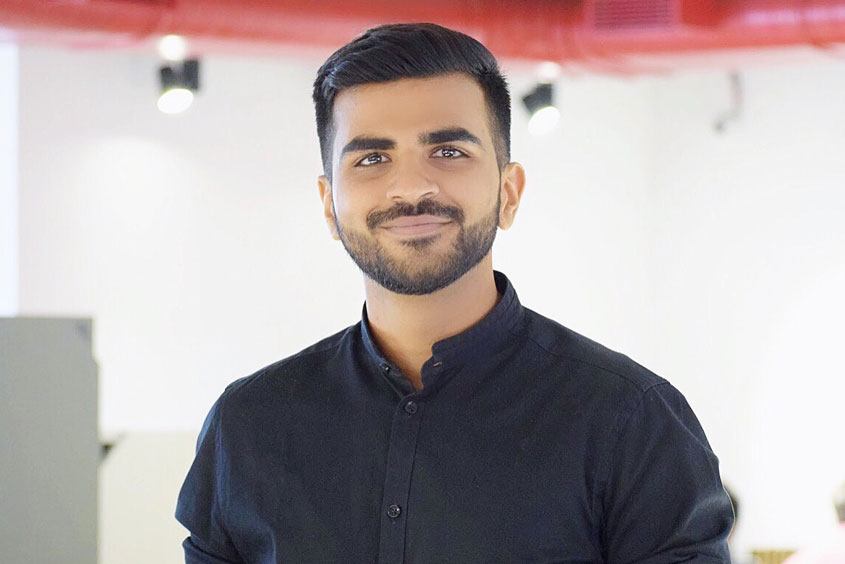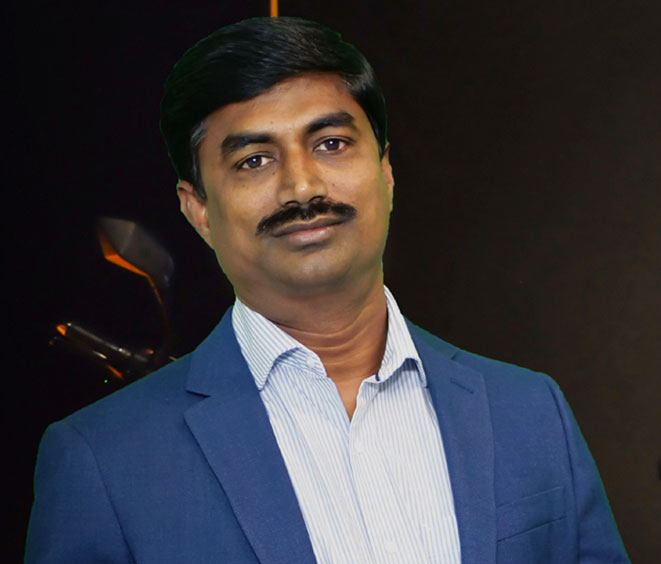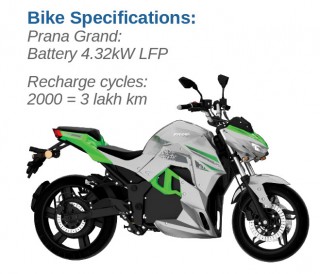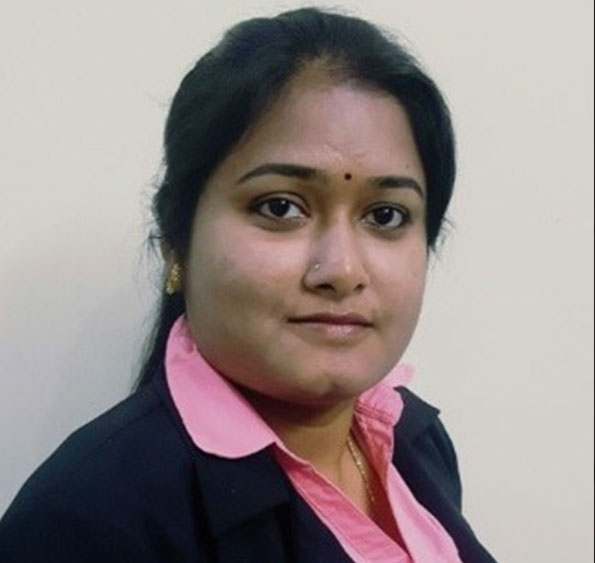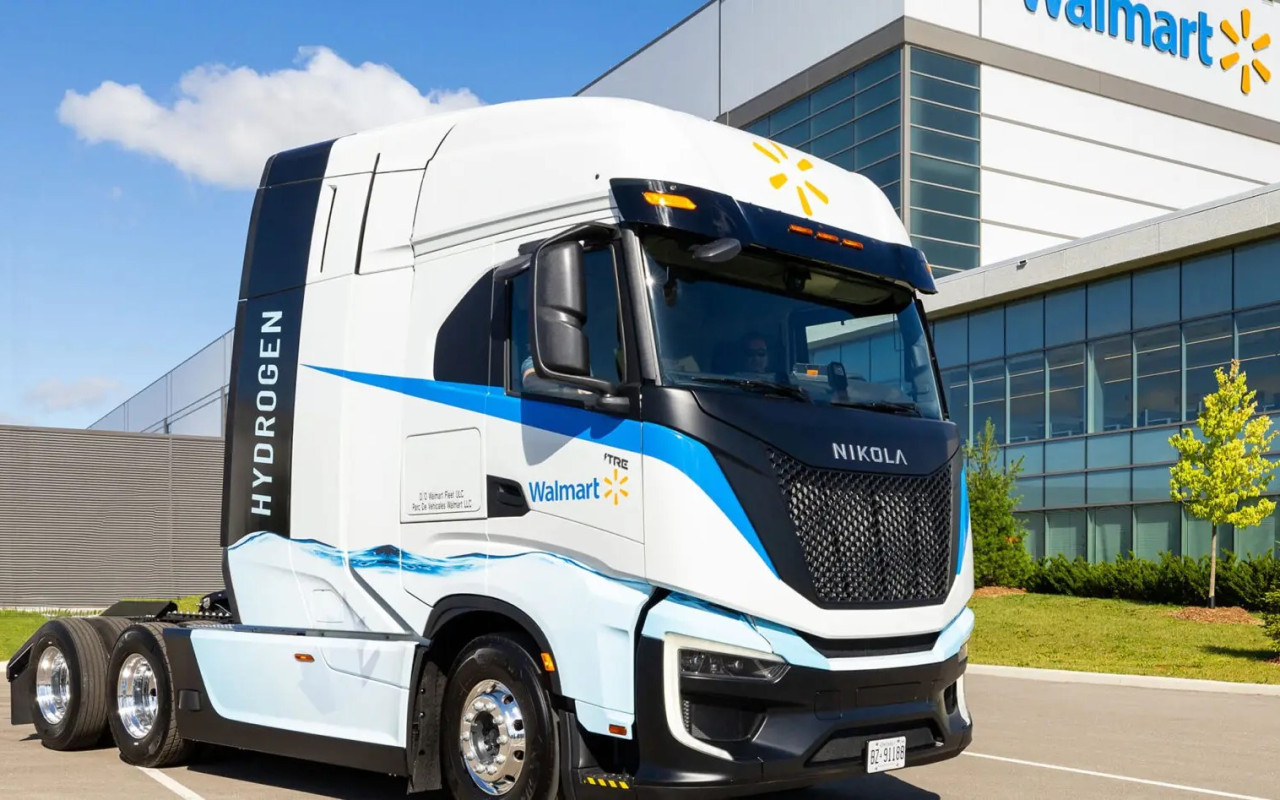Promising Startups - I
'The Startup should work towards innovation / improvement of existing products, services and processes and should have the potential to generate employment/create wealth.' [Criteria for Startups - GoI]
As chunks of industry slowly grind down, the revival opens to a new AI driven and IoT controlled age: The automobile arena perhaps best illustrates this play-out. The sudden shift in energy use from the fossil to the renewable has knocked carbon based mobility sideways. While auto giants are taking hits from multiple directions and forcing cut-backs, the startups in the e-mobility and EV space are attracting hefty investments. Flush with cash, these nimble, tech savvy entrepreneurs ideate and create the Artificial Intelligence that offers faster, cheaper, safer and cleaner solutions, clearly disrupting the existing numero uno. This 'Young Talent', as PM Modi refers to them, will not settle for anything less than the best; the hunt is on for top talent, cutting edge research, development and quality in manufacturing. A coronavirus induced isolation is forcing us to indigenize, upgrade and standardize.
From gear stick to cloud connected EVs, AI and IoT enabled solutions are today what machinery was to the industrial age. Startups are conceptualizing and designing the most effective electric motorbike, the greener battery to run it, the software to manage it, all the while grooming and up-skilling localized ecosystems, and in fact crafting the EV sector in India. The slump set off by the pandemic in the ICE automobile industry has cleared the field for startups.
India offers sizeable market potential as a nation leapfrogging into a tech driven, electrically mobile age. Market forecasts for EV growth hover around the 40+ percent levels, with a similar statistic for installation of charging infrastructure. India's diverse needs offer an equivalent number of business opportunities to its vibrant talent.
GoI supports it through attractive incentives and motivational encouragement like 'Make in India for India', Atmanirbhar Bharat, and of course the subject of this feature – Startup India!
In our ongoing feature on Promising Startups, we cover the fresh talent that is taking our country into the information age. Through a series of written interviews we attempt to highlight their achievements, challenges, pain points, and aspirations. India is the third largest startup country, so we have much to cover and much to look forward to.
Elecnovo Pvt Ltd: Green mobility through indigenous manufacturing
Ratul Borah, Founder & CEO – Elecnovo, on his company's role in enabling green mobility in the country through its indigenously manufactured electric motors and components.
What are the kinds of e-motors manufactured by Elecnovo? Could you elaborate on the applications of the e-motors, and the controllers that you also manufacture? Have you used only local R&D?
Elecnovo has indigenously designed and developed its electric motors and electronic controllers for a diverse range of EVs. We have only used our in-house R&D to manufacture very compact, lightweight and high-quality motors.
A low power option is the 3kW BLDC (Brushless DC) motor for say an electric bicycle or e-scooters. For a medium to high power electric motor-cycle or light commercial vehicles we have a 5kW BLDC motor. For slightly higher powered commercial vehicles or small electric cars our 10 kW BLDC motor is suitable.
We can also customize the performance of the motors to meet the requirements of our customers. Elecnovo motors and controllers can be supplied on a standalone basis as well. Our motors can be run with controllers of a different manufacturer. Similarly, our controllers can be used for other motors. We can also provide motor and controllers together. However, it is more advantageous to use our combined solutions of motor and controllers, since this would provide better performance and increased reliability. Elecnovo also delivers customized components which are application specific.
Could you describe your innovative and customized product range as well as your customer base?
Our advanced motor technology provides high power density and high efficiency motors which are also compact. We can customize the motor performance based on actual requirements. Through an intelligent system our controllers are designed to further improve the performance and reliability of the motors and consequently of the vehicle.
At Elecnovo our focus is on light duty vehicles, which is the segment that is of interest to startups. They are after all the drivers of the EV industry. Our electric motors are suitable for the bicycle, the rikshaw, scooter, motorcycles, electric light duty goods and passenger vehicles. We have customization capability for new vehicles designs and we can help our customers to get the optimum performance out of the vehicle. Basically, all light duty EV manufacturers are our potential customers.
What are the growth drivers in this market and how would you define your long term plans?
The EV segment is a strong consumer driven business. This market is also growing with the need to reduce carbon emissions not just in India but worldwide. The cost of transportation per kilometer for an EV is lower than the equivalent ICE vehicle. With our ready-to-use motors, the matter of manufacturing an EV is simplified and speeded up.
Elecnovo's objective is to tap the huge potential in the e-mobility space. We plan to widen our product range with innovative and customized products. Since we also offer components, we aim to tap the market for custom-engineered solutions through our development and design. Our goal is to supply world-class motors and control systems for EVs worldwide.
ION Energy: Enabling clean energy adoption
Founded by Akhil Aryan and Alexandre Collet, ION Energy has introduced Edison Analytics, which is an AI-managed battery intelligence platform for EVs and ESS.
What was the motivation to start this venture?
Curiosity, fascination, intrigue and obsession have always made me take what the world would consider radical decisions and change everything in my life to find out what lies within.
It may sound bizarre to those who think I am a software entrepreneur that I have been innately excited by the nature of electrons. It's fascinating that everything that we touch, hold, eat, drink, see (and sometimes don't) and consume in any way is made up of atoms. The atoms of elements that have lost or gained one or more electrons are called IONs.
The energy space has been very close to my heart. I believe that building and optimizing the Energy Ecosystem is the most exceptional opportunity of our generation.
I founded ION Energy to build a core layer of infrastructure to enable electric mobility and clean energy adoption in Asia with a focus on India.
Could you outline details of the product on which you are working? Do you work with in-house R&D?
At present, customers are looking for products that are reasonably priced and are highly reliable. Our goal for this and the next year is
not to optimize our profits but to build deep, meaningful partnerships with customers. So we're working with major 2- and 3-wheeler OEMs to deliver world-class products at
a price point that is going to work for India.
To enable our customers with a differentiated product experience in the market, ION has decided to take a radical approach concerning tier-1 electronics supply. We've built our technology into an integrated platform instead of a suite of products. This allows companies to adopt the technology platform, save up to three years in R&D, and focus on building their core IP on top of the platform that they can retain with themselves.
We have 50 engineers working with us in India and a small team of engineers and set-up for R&D in France. We are fundamentally a technology company that invests heavily in R&D for the development of a new product.
How does you battery intelligence platform work for automakers?
At ION, we are continuously helping automakers build expertise in electronics with a unique electronics platform as a service (PaaS) model by providing full autonomy for manufacturing and transparency in technology. Our platform focuses on building technologies that improve the life and performance of lithium-ion batteries used inside EVs and energy storage systems. The key differentiator - our battery intelligence platform Edison Analytics, leverages battery data, blends advanced electronics, data science, ML and AI with deep domain expertise in energy storage to extend battery life by up to 40 percent and reduces the overall ownership cost, thereby boosting ROI.
As a startup, what were the difficulties you faced from concept to the final product?
It is difficult to capture all the challenges one faces in the early days of a startup. It's almost always at the intersection of Market, Product, Team and Traction.
For us, the challenges were mostly around the timing of our product with market maturity. It was also to ensure we're investing both in products and customers that can help us create short-term revenues and those that have the long term potential for market penetration.
Another challenge was grooming in-house technical talent. When a new market is shaping up, the talent pool isn't mature, and so it isn't easy to make significant progress on technology unless there is a pool of groomed specialists in-house.
We are not an EV company, but an energy storage company. It was initially tricky to explain the concept to investors when there was low awareness of the need and limited technology, inadequate infrastructure, lack
of push for electric vehicle adoption, and localization of technology by regulatory authorities in the country. We want to build a horizontal layer of infrastructure that can help vertical companies or companies that want to develop EV to make their product more affordable and efficient.
For procurement and assembly, India has practically low lithium resources and imports most of the lithium-ion. Production is a tough process due to the lack of required machinery for engineering and assembling the batteries.
How do you ensure quality in localized components?
We believe that component procurement quality assurance starts with component selection.
The components are hand-picked by our team, depending on the BMS requirements. Generally, the quality of components guides the selection process. The parts are procured from verified global suppliers and are RoHS (Restriction of Hazardous Substances) compliant. This stage of the BMS lifecycle requires proper quality assurance checks since delays can stall the manufacturing process. Hence, we keep optimizing the procedure to procure the right components as fast as possible. To minimize such problems, ION strictly follows a testing and validation process, and these tests are performed during the prototyping stage as well.
How do you think the government can support?
Multiple factors like monetary incentives, charging infrastructure, consumer awareness initiatives, mandates for manufacturers, government procurement, and supportive fleet operators, enable the making of a dynamic EV-friendly economy..
To accelerate the EV transition, the Indian government and associated decision-makers must work towards ensuring the following: increased affordability, investment in charging infrastructure, investment in manufacturing cells and battery packs, battery swapping technology, optimizing the life of batteries, advance training and talent up-skilling, recycling and reusing the battery.
What do you find are your toughest challenges? Where do you see your startup in five years?
The next five years will be pivotal, not only for ION but also for our planet and the human species. If we manage to make the e-mobility transition holistically, it will be a historic achievement. Over the span of five years, we see ourselves leading 10 percent of all Li-ion batteries deployed in the country. To make this a reality, we will scale to 100 engineers by 2021 and leverage India's electronics and software strength to overcome our lack of lithium resources.
As a company that focuses on advanced electronics and software, we are expanding our BMS portfolio for high voltage and micro-mobility systems. Hence, our BMS FS-XT and FS-CT are focused on those two aspects of the market, respectively. We're also taking a deep dive into functional safety and ISO 26262 certifications. We have completed the prototype of our own automotive grade telematics system called TCU (telematics control unit) that will enable vehicles to become connected to the cloud. Once that is done, we would have completed our full Battery Management and Intelligence platform suite that connects our BMS with Edison using our TCU as the gateway.
ION Energy started as a bootstrapped venture, with Akhil Aryan investing the initial funds to start the company. Subsequently, the startup raised investment through seed funding that includes Astarc Ventures, Advik hi-Tech, and executives from Salesforce, Tesla, Haptik, Nippo Batteries, and Dentsu Aegis. ION Energy has raised a funding of $2 million to date.
SriVaru Motors Pvt Ltd: creating value for the customer
From the deep south, from Coimbatore in Tamil Nadu, Mohanraj Ramasamy,Director - SriVaru Motors speaks with ETN of the e-motor bikes built with the goal to offer a best in class product to the Indian customer.
What inspired SriVaru Motors to enter the two-wheeler segment rather than the four-wheeler one?
Entrepreneurship is my passion; I wanted to put a 100 percent effort into creating a product which would have the potential to create value for the customer. EVs with affordable charging infrastructure fit this goal. An WV not only emits zero pollution, it creates job opportunities and introduces high-tech engineering into the country. E-mobility will bring in a large measure of improvements in the safety and accessories in vehicles, something we haven't yet seen. India, with its vast population, is a country for two-wheelers; we just don't have the space for cars for every aspiring Indian. So I established SriVaru Motors (SVM) in order to provide quality e-2Ws for Indians.
What advantages does the Prana electric motorcycle have over other e-bikes in the market? Could you differentiate between the two Prana variants?
Prana is fast and has a better pickup than top-line e-motorbikes in India. The braking performance is non-skid with automated sequence braking, and does not require manual intervention. This is a crucial safety aspect and makes for a fast yet secure e-2W ride. The Prana has four riding modes - the Practise Eco at 45 kmph helps give a feel of the e-2W; Race and City modes have a 123 kmph speed with aggressive torque and smooth acceleration respectively. The reverse mode allows a 5 kmph speed.
When I use the name Prana, I speak for both the e-motorbike variants. The Elite and the Prana Grand are identical in every parameter except range: The Prana Elite is a premium version which offers 225 km of range on a single charge. At 225 km the Elite has double the range of any e-motorbike in the Indian market. Prana e-2Ws offer a non vibration ride.
The Grand version offers 126 km of true range. It has a top speed of 121 km per hour. Both bikes can accelerate 0 to 60 km per hour in less than 4 seconds. Also, the high power motors in both the e-motorbikes produce an instant torque.
For convenient charging and to overcome any problem due to a lack of charging infrastructure, Prana comes with an inbuilt waterproof 15 amp power AC charger. So the bikes can be charged at any home-appliance power socket. Charging time is 4 hrs 15 min.
In addition, we are creating a distributed service network so that a mechanic trained by us will be available on-demand, to provide professional service for your Prana e-motorbike in your vicinity.
What battery chemistry does the Prana e-motorbike utilize? Are parts manufactured locally as per 'Make in India'?
Prana Elite uses a 7.2V air-cooled Li-ion battery. The Elite is slotted to use NCM (Nickel-Cobalt-Manganese) battery. This bike is under booking.
Prana Grand model uses 4.32kW capacity LFP (Lithium Iron Phosphate) battery. Both variants have 2000 recharge cycles, which translates to around 3 lakh km. The Grand is available in showrooms.
When we began our journey in 2018, India didn't have much EV part manufacturing capabilities. We had been working on developing a lot of ancillary units to make parts in India and since then we have succeeded in localization of a number of parts. There is more work to do. To date, our e-motorbike Prana has 70 percent localized parts. It is fully designed and developed in-house at the company's control centre in Coimbatore. The Automobile Parts Association has been working closely with us to help localize further. Localization needs a focused investment and volume. We have created a product which gives us the confidence to scale. With that, parts manufacturing will automatically fall into place in the near future.
What are future plans and what challenges do you anticipate?
We have started sales operations in the southern States and our immediate goal is to get the sales network established in the entire country. Also, our engineering team has been working on a surprise new product, the likes of which Indians deserve. We are not disclosing details until the product launch.
Cellerite Systems: Conceptualizing charging solutions
Srujana Raghupatruni, Founder and CEO - Cellerite Systems, elaborates on how the core product of her company would revolutionize the design of e2W and e3W chargers.
What motivated you to start this venture?
As an engineer with years of research and experience in microgrids and power systems, I was alarmed at the steep rise in the air pollution levels in my home town. It was the same case in metros as well as tier–II cities. This is when I decided to use my expertise and skills to establish a company that could address this issue.
India is also slowly shifting towards the EV revolution. A major hurdle in EV adoption was the lack of necessary charging infrastructure to support EVs. I decided to work on charging infrastructure for EVs. The reason behind focusing on two and three wheelers in the EV segment was to bridge the gap in infrastructure availability for the major vehicle demography.
Could outline details of the product on which you are working? Do you work with in-house R&D?
The flagship product of Cellerite is the portable EV charger designed for two and three wheelers. We are also working on the charging point concept for two and three wheelers. Our other products which are currently in R&D are fast chargers, wireless chargers, intelligent charging solutions based on IoT (Information of Things).
As a startup, what were the difficulties you faced from concept to the final product?
We are a startup so the stages of conceptualization, MVP (minimum viable product), final product, supply chain and production involved building from scratch with limited resources. Challenges included finding the right components, availability and getting some custom made solutions for R&D and production. We are striving to build a long lasting and durable product, which the customers can rely on without any apprehension. At the same time we are promoting the 'Make in India' initiative.
How do you ensure quality in localized components?
We personally monitor and source components and ensure that we use properly tested and manufactured components from certified vendors. We review the testing methods of the components and also the reliability factor before choosing the vendors.
How do you think the government can support?
Government of India has announced some schemes for EV adoption and some major deadlines for conversion of at least 30 percent of the Indian vehicular traffic into EVs. But we don't see a lot of encouragement for startups like us to benefit from these schemes. We also don't have a standardized framework for the EV industry in India and hence all the organizations are operating on their own terms. There is no uniformity in pricing strategies which makes it difficult for us to generate sales. Certain States have some policies in application, but others are yet to form a strong policy framework. We urge the government to come up with some strong policies and a sound framework and help startups like us to rise and cater to the Indian customer. At the same time, it would accelerate EV adoption so that the change would help in combating various issues of pollution and environment.
What do you find are your toughest challenges? Where do you see your startup in five years?
We are hoping to scale up our operations and manufacturing. The major challenges are in setting up a robust supply chain and production. In five years' time we want to be able to expand our presence in India and target the international market, starting with South-East Asia. We also aim to be a publicly listed company in the next five years.
Cellerite Systems has invested about `40 lakh and we also received a grant of about `6.5 lakh from the Powered Accelerator supported by DFID (Department for International Development) and Shell Foundation.


